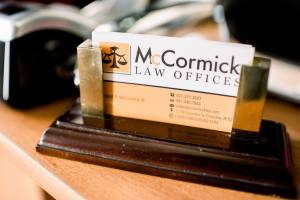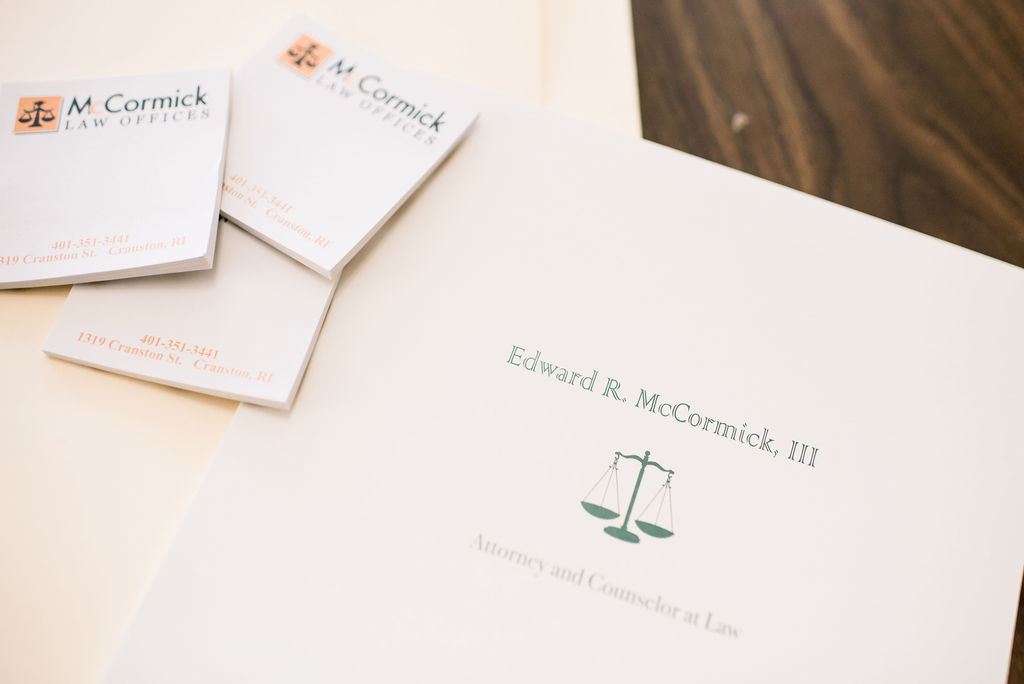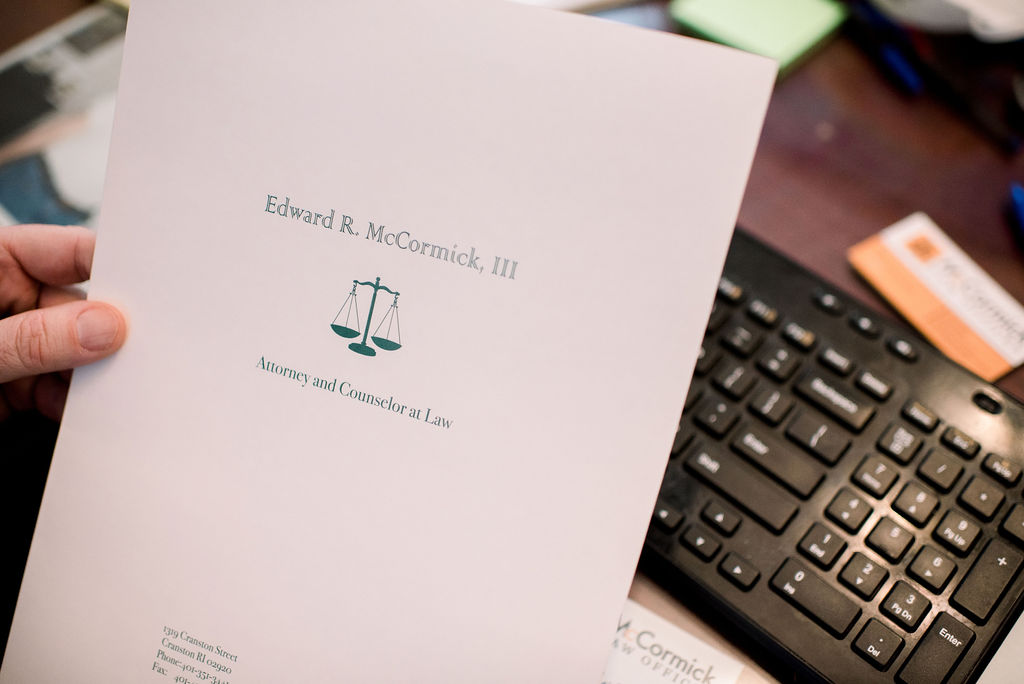When a marriage is no longer working, couples in Rhode Island may face a critical choice: legal separation vs. divorce. While both options allow spouses to live apart and resolve key issues like finances and custody, they have very different legal consequences. Understanding the differences can help you make the best decision for your unique situation.
What Is Legal Separation?
Legal separation allows spouses to live separately while remaining legally married. In Rhode Island, this is known as a “Divorce from Bed and Board.” It requires a court order and can resolve many of the same issues addressed in divorce, including:
- Child custody and visitation
- Child support and alimony
- Division of assets and debts
- Use of marital property
- Health insurance and tax matters
However, the marriage is not legally dissolved, and neither spouse can remarry unless they pursue a full divorce later.
What Is Divorce?
Divorce is the legal termination of a marriage. Once finalized, both spouses are legally single and free to remarry. In Rhode Island, divorce addresses:
- Custody and support
- Property and debt division
- Alimony or spousal support
- Legal name changes
It is a permanent end to the marital relationship, unlike legal separation, which maintains some legal ties.
Key Differences Between Legal Separation and Divorce
| Issue | Legal Separation | Divorce |
|---|---|---|
| Marital Status | Still married | Legally single |
| Can Remarry? | No | Yes |
| Health Insurance | Often maintained | Usually ends |
| Tax Filing | May file jointly | File separately |
| Property Division | Handled by court | Handled by court |
| Alimony & Custody | Same process as divorce | Same process as separation |
Why Choose Legal Separation?
Legal separation may be the better option if:
- You have religious or moral objections to divorce
- One spouse needs continued health insurance coverage
- You want time to attempt reconciliation
- You’re not ready for a final decision but need legal protections
Some couples use separation as a trial phase before deciding whether to divorce permanently.
When Is Divorce More Appropriate?
Divorce is likely the better choice if:
- There’s no reasonable chance of reconciliation
- One or both parties want to remarry in the future
- The spouses want a complete financial and legal break
- There are ongoing disputes that require a permanent resolution
If your relationship has ended for good, divorce offers closure and clarity under the law.
How to File for Legal Separation in Rhode Island
Legal separation requires filing a Petition for Divorce from Bed and Board in Family Court. The court may issue orders about:
- Temporary support
- Parenting time
- Use of the marital home
- Financial disclosures
Like divorce, separation may be resolved through mediation, negotiation, or a trial.
Can You Convert a Legal Separation Into a Divorce?
Yes. At any point, either spouse can ask the court to convert the legal separation into a divorce. This may streamline the process since many issues—such as custody or property division—may have already been addressed in the separation order.
Related Reading
Explore more family law topics in Rhode Island:
Final Thoughts
The choice between legal separation vs. divorce depends on your personal goals, beliefs, and circumstances. Both options provide legal protection and clarity, but only divorce severs the marital relationship entirely. Whether you’re contemplating a temporary break or a permanent split, consulting with a family law attorney ensures your rights and future are secure.
Need help deciding between separation and divorce?
Contact McCormick Law Offices for trusted legal advice tailored to your situation.







